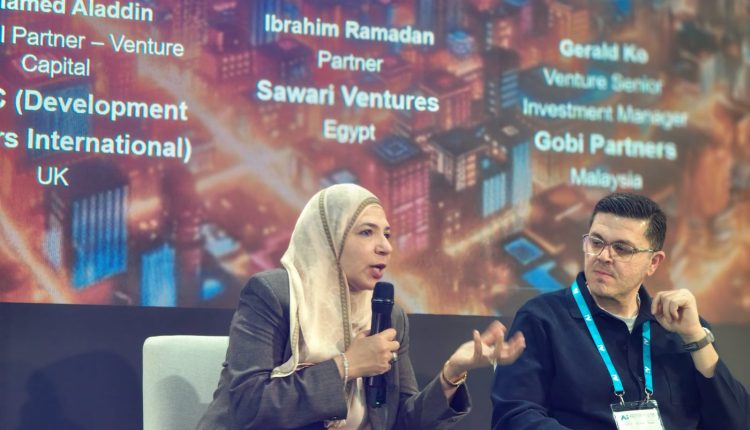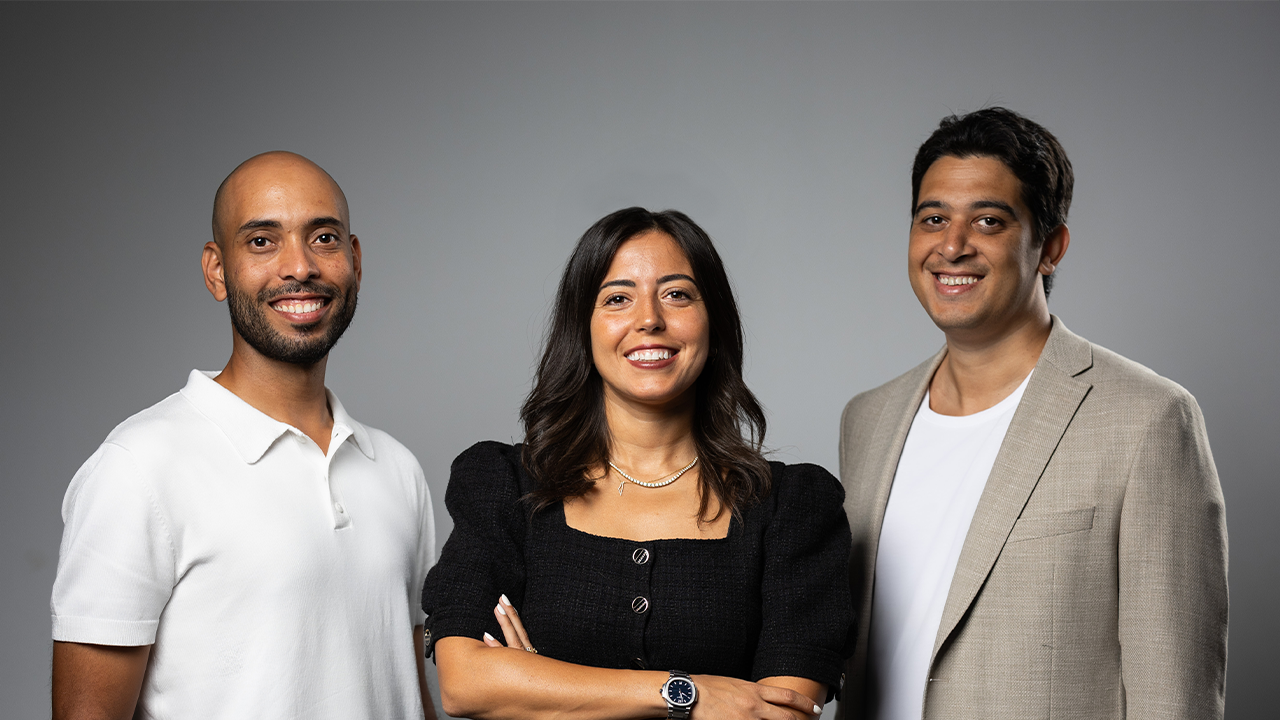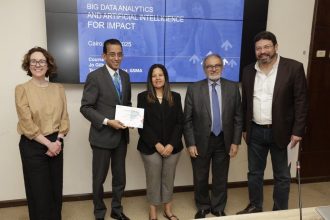King Abdullah University of Science and Technology (KAUST) has once again demonstrated its commitment to groundbreaking research and innovation by launching deepBlastoid, a cutting-edge artificial intelligence tool designed to significantly enhance the assessment of human embryos for in vitro fertilization (IVF). This development marks a pivotal advancement in reproductive medicine, offering a more objective and efficient method to evaluate embryo viability, ultimately aiming to improve IVF success rates globally.
Revolutionizing Embryo Assessment with AI
KAUST’s deepBlastoid leverages sophisticated deep learning algorithms to analyze microscopic images of human blastocysts, the critical developmental stage of an embryo. This AI-powered approach provides a more precise and standardized evaluation, moving beyond the traditional, often subjective, manual grading methods employed by embryologists. By automating and refining this crucial step, deepBlastoid seeks to minimize human error and inter-observer variability, ensuring consistent and reliable assessments.
Addressing IVF Challenges and Enhancing Success
The success of IVF procedures heavily relies on selecting the most viable embryos for transfer. Historically, this selection has been a labor-intensive process, prone to human bias and requiring significant expertise. deepBlastoid addresses these challenges head-on by offering an objective, data-driven solution. Its ability to quickly and accurately identify embryos with the highest developmental potential can significantly reduce the number of IVF cycles required, thereby decreasing the emotional and financial burden on prospective parents while increasing the likelihood of successful pregnancies.
How DeepBlastoid Works
The deepBlastoid tool was developed by training its neural networks on an extensive dataset of human blastocyst images, meticulously annotated by experienced embryologists. This rigorous training allows the AI to learn intricate patterns and characteristics indicative of embryo quality and developmental potential that might be subtle or overlooked by the human eye. The system can then apply this learned knowledge to new images, providing a rapid and impartial assessment, which in turn supports embryologists in making more informed decisions.
Global Impact and Vision 2030 Alignment
The introduction of deepBlastoid by KAUST is poised to have a profound impact on reproductive medicine not just within Saudi Arabia but across the globe. By fostering innovation in healthcare technology, KAUST is contributing to global efforts to address infertility and improve family planning outcomes. This initiative strongly aligns with Saudi Arabia’s Vision 2030, which emphasizes advancements in healthcare, scientific research, and technological innovation as key pillars for economic diversification and societal progress. KAUST continues to position itself as a hub for world-class research and development, attracting top talent and driving solutions to critical global challenges.
About King Abdullah University of Science and Technology (KAUST)
King Abdullah University of Science and Technology (KAUST) is a private research university located in Thuwal, Saudi Arabia. Established in 2009, KAUST is dedicated to advancing scientific and technological education and research, with a focus on areas critical to Saudi Arabia and the world, including energy, water, food, and the environment. Known for its state-of-the-art facilities and international faculty, KAUST fosters an environment of innovation and collaboration, aiming to address global challenges through interdisciplinary research and the development of impactful technologies.
Looking Ahead: Precision Medicine and Beyond
The development of deepBlastoid represents a significant step towards precision medicine in reproductive health. KAUST’s researchers are continuing to explore further applications of AI and machine learning in healthcare, seeking to personalize treatments and improve patient outcomes across various medical fields. The success of deepBlastoid underscores KAUST’s potential to lead in developing smart solutions that integrate advanced computing with biological sciences, paving the way for future breakthroughs that will redefine medical diagnostics and interventions.
Source: رواد الأعمال














